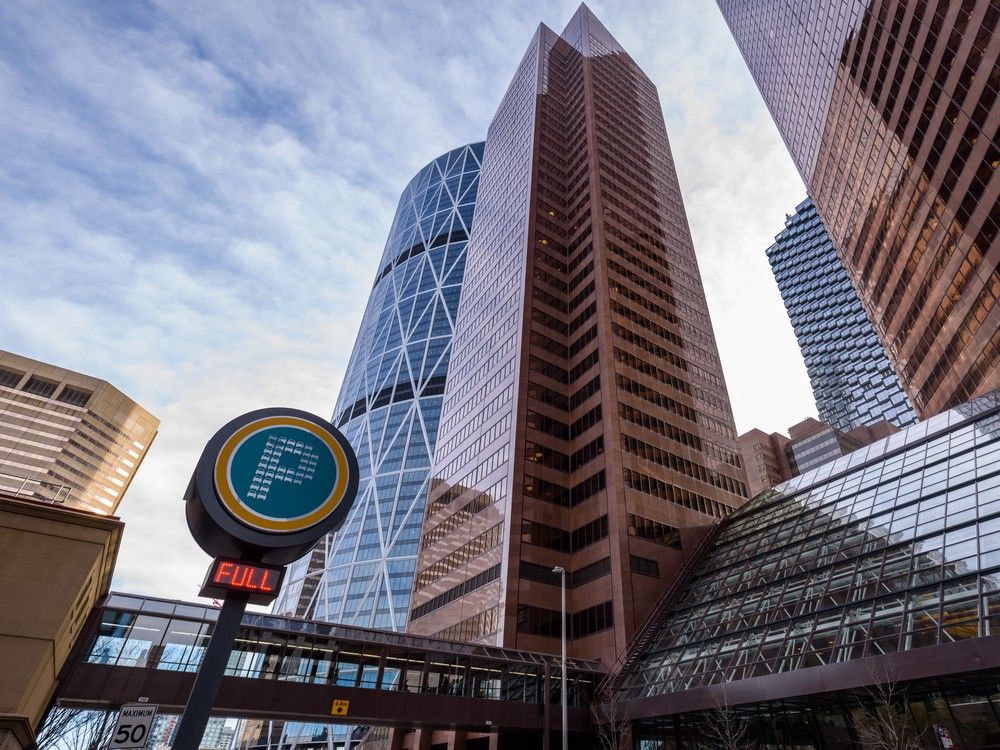Does anyone really think that any government action, especially funding, could actually accelerate dt revitalization at this point? Many office to residential projects are already in the pipeline and the cannibalization effect isn't well understood. Neither is the long term trajectory of WFH The City should focus on alleviating safety concerns and minimizing tax increases that would make dt businesses even less competitive. I agree with the Pemier that bailing out the underperforming real estate assets of Ontario based, public sector pension funds is the lowest of priorities. At some point, the market values of obsolete assets will decline to a point where the private sector can pick them at values that support conversion or demolition.
Obviously government action could help revitalize downtown; there's a ton of public physical infrastructure, like sidewalks and roads that are both technically out of date and physically decaying. The private sector is never going to fix those.
Retail and public-facing companies can easily get caught in a death spiral, where the businesses that are there aren't appealing, so nobody goes there, so the businesses that can afford to move out, so even fewer people go there, and all the while the fewer businesses can't support public space maintenance or enhancements. Look at every mall in the city that's failed or failing; from Deerfoot to North Hill, to Marlborough to Eau Claire to Northland to Westbrook to even New Horizon, plus plenty of smaller ones. None of them come back on their own; the best they can do is eventually get massively redeveloped with huge physical changes; Deerfoot is the furthest along, but Northland is now starting.
But the time scales are immense; Eau Claire opened in 1993, was financially underwater and failing in 1998, and it hasn't gotten better since. Now, 25 years after it started to fail, it's going to be demolished, but only because of external circumstances. Deerfoot opened in 1981 but by the early 90s it was failing. It took 25 years of downward spiraling before the Deerfoot City rebuild plan started in 2017. A downtown is a lot more complex and hard to deal with than a single property mall; we shouldn't abandon it so that in 2050 it's such a wasteland that investors can buy the failing buildings cheaply enough to renovate it so that by 2060 it's started to reclaim it's former glory. It's a lot cheaper to fund the public investment -- especially since we are currently dripping in money -- and maintain it as a competitive place all along. How many billions of road and rail infrastructure have been built to get people downtown? And why would we abandon that investment for generations?
As long as you're parroting UCP talking points, why is the premier OK with government assistance to the oilsands? The largest owners of Cenovus are Boston Partners, Egerton Capital UK LLP and Connor Clark & Lunn (Toronto). The largest owners of Suncor are Sanders Capital LLC (West Palm Beach, FL), Arrowstreet Capital LP (Boston) and 1832 Asset Management (Toronto). Is it because they give their profits to rich people rather than people who work for a living?






